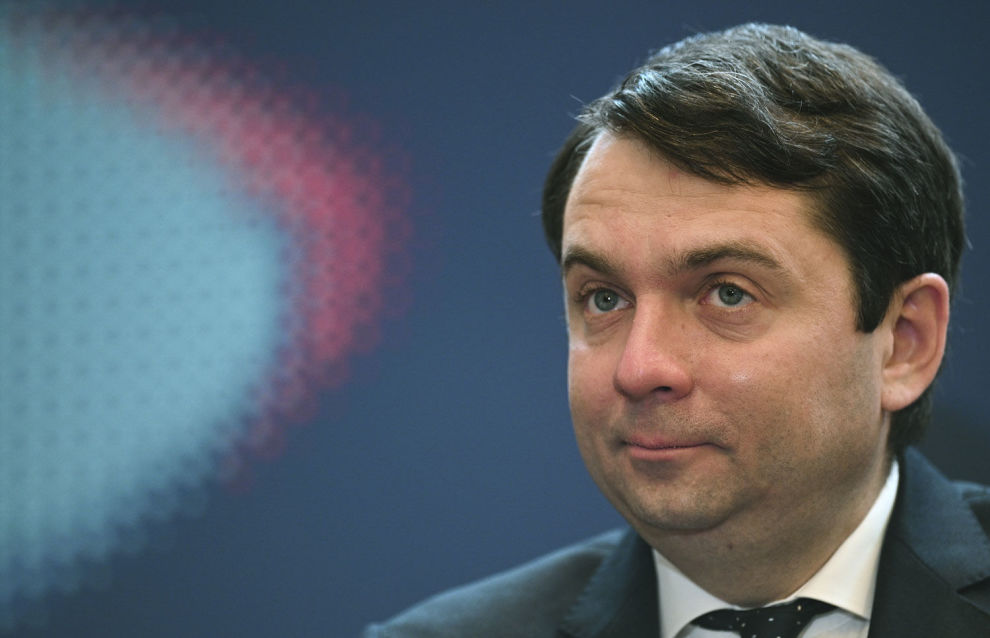Murmansk Region head suggests balancing northern regions’ budgets using his model
At a meeting of the of the Federation Council Committee, Governor of the Murmansk Region Andrei Chibis proposed balancing the budgets of the regions in the Far North and the Russian Arctic using the Murmansk Region as an example.
At a meeting of the Committee on Budget and Financial Markets, Andrei Chibis emphasized that the Murmansk Region’s budget system is stable, and that the efforts of the regional government are aimed at growing the economy and the investment potential of the region, which influences increases in the revenue base of the regional budget and maintaining its stability.
“Thanks to support from Russian President Vladimir Putin, the Murmansk Region is experiencing a second rebirth in terms of economic development. Over the past four years, we have increased our GRP per capita by 2.5 times,” Chibis said, according to the report.
He added that investment volumes in the Murmansk Region, including as part of the Capital of Arctic priority development area projects and preferential treatment in the Russian Arctic, amounted to 900 billion rubles, with 5,000 new jobs created. At the same time, the governor emphasized that there are a number of features in the region, including climatic ones, which seriously affect both the financial stability of the region and its socio-economic development. These include long heating periods and fuel oil costs, increased budgetary costs stipulated by legislation for the Far North regions: northern allowances, long vacations, and travel allowance.
At the same time, the region does not receive subsidies to equalize budgetary security due to the high level of estimated budgetary provision in the region, as determined by the methodology for distributing subsidies.
Due to this, the governor made several proposals to ensure budgetary stability in the Far North regions using the Murmansk Region as an example.
“First, the head of the Murmansk Region emphasized that it was necessary to reconsider approaches to how to calculate the level of budgetary provision, considering the peculiarities and specifics of the regions and excluding one-time excess tax revenues,” the regional Ministry of Information Policy explained.
In addition, it is necessary to provide subsidies to increase wages for public sector workers and those regions that do not receive equalization subsidies, since the annual increase in wage costs for “decreed” categories of workers and the increase in the minimum wage are a serious burden for the budgets of the regions in the Extreme North.
The Governor noted that increasing the minimum wage and higher wages for public sector employees is a good thing to do. But specifically for the Murmansk Region, where the minimum wage is 2.3 times higher than in Russia in general, and the average income from labor is 45 percent higher than the national average, these costs fall entirely on the region.
“In fact, we allocate the additional money we receive from the development of the economy to compensate for these increased expenses, thereby reducing our opportunities for investing in the development of the social sphere and urban infrastructure,” the head of the Murmansk Region said.
As the regional Ministry of Information Policy noted, Chibis’ proposals were supported by the committee members.
